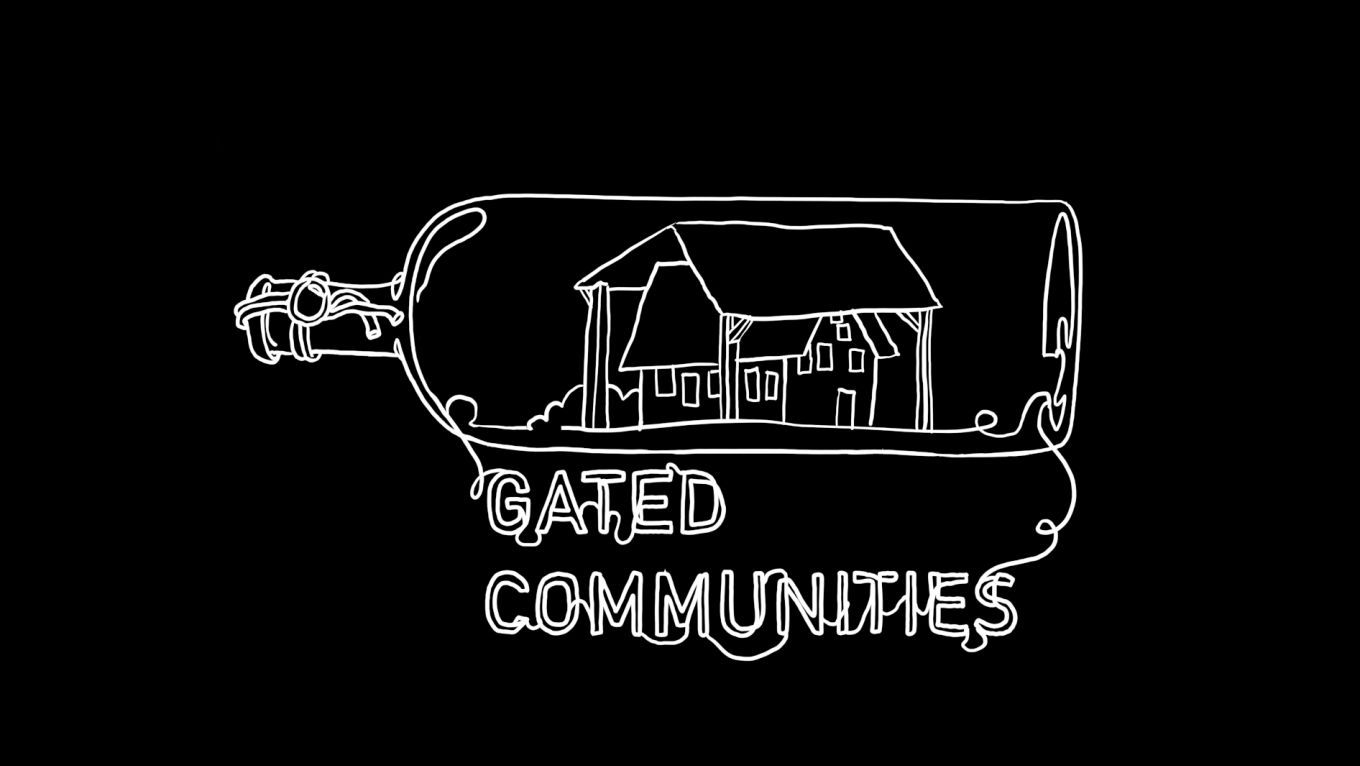Science
Quantum Cryptography
from key distribution to position-based cryptography
I will entertain the audience with a science talk about quantum cryptography, covering both some classics (Quantum Key Distribution) and the latest developments (position-based quantum cryptography) in this fascinating research field.
[No previous knowledge of quantum mechanics is required to follow the talk.]
The most well-known application of quantum cryptography is Quantum Key Distribution (QKD) which was invented in 1984 by Bennett and Brassard. QKD allows two players Alice and Bob to securely communicate over an insecure line which is overheard by an eavesdropper Eve. Security can be proven in an information-theoretic sense against an unrestricted Eve. Such a high level of security is impossible to achieve with classical communication. In the first part of the talk, I will introduce some basic concepts of quantum information theory in order to understand and appreciate the security of QKD.
However, quantum cryptography offers a wide range of other applications that go beyond the task of key distribution. For instance, the goal of “position-based cryptography” is to use a player’s physical position as cryptographic credential. The combination of relativistic constraints (assuring that information cannot travel faster than the speed of light) and quantum mechanical effects (such as the impossibility to perfectly copy a quantum state) enables entirely new cryptographic applications like sending a message in such a way that it can only be read at a particular geographic position. In the second part, I will introduce you to this intriguing new branch of quantum cryptography.
Additional information
| Type | lecture |
|---|---|
| Language | English |
More sessions
| 12/27/15 |
What does the fact that Tor users can’t edit wikipedia mean for the quality of the ``encyclopedia that anyone can edit?’’ How do captchas and blocking of anonymity services affect the experiences of Tor users when they are trying to contribute content? This talk will discuss the increasing limitations of active participation in the anonymous Internet and the findings of our interview study of Tor users and wikipedia editors concerning these issues. We believe that by understanding the ...
|
| 12/27/15 |
The REXUS/BEXUS programme allows students from universities and higher education colleges across Europe to carry out scientific and technological experiments on research rockets and balloons. Each year, two rockets and two balloons are launched, carrying up to 20 experiments designed and built by student teams. By reference of two experiments we were involved in, we will explain the way from the experiment idea to the launch and test of it.
|
| 12/27/15 |
Several years ago, the Great Firewall of China was silently upgraded to find and block circumvention servers that employ encryption to defeat deep packet inspection. The system is now used to block protocols such as Tor, SoftEther, and SSH. In this talk, we will give an overview of how this system works, and how it can be circumvented.
|
| 12/27/15 |
Light of astronomical objects gets distorted as it passes earth’s atmosphere. Adaptive optics can correct this distortion and create images that are as sharp as those taken in space. The correction needs a bright reference star. If there is no such star nearby, an artificial Laser Guide Star can be created in the upper atmosphere.
|
| 12/28/15 |
In my talk I am 1) discussing philosophical concepts of privacy, especially Hannah Arendt's philosophy. I am 2) explaining why in a liberal-democratic system we need to protect our privacy and 3) what we can morally do to prevent catastrophes such as a totalitarian system from happening again. With Hannah Arendt's arguments and her analysis of totalitarian systems in mind, I am referring to three examples from today's privacy discussions: cybermobbing, Behavioral Advertising and secret services.
|
| 12/28/15 |
We develop a tool to verify Linux netfilter/iptables firewalls rulesets. Then, we verify the verification tool itself. Warning: involves math! This talk is also an introduction to interactive theorem proving and programming in Isabelle/HOL. We strongly suggest that audience members have some familiarity with functional programming. A strong mathematical background is NOT required. TL;DR: Math is cool again, we now have the tools for "executable math". Also: iptables!
|
| 12/28/15 |
In this presentation I will present the experimental language Ling. We shall get an intuitive understanding of the language through familiar concepts from imperative programming. We shall cover how Ling enables a modular and precise control on memory allocation, through a general optimization called fusion. This optimization, fusion is a cost-free abstraction mechanism which brings high level programming to system programming.
|

